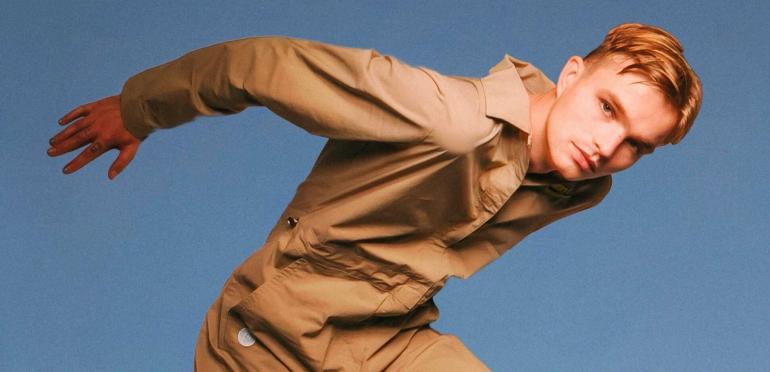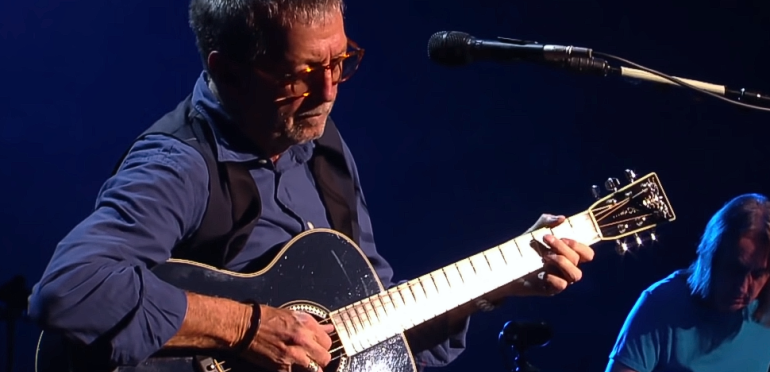Big news from the world Junior Eurovision Song Contest (JESF): Britain returns to the children’s festival after a 17-year absence. It will be the UK’s fourth entry, following previous entries in 2003, 2004 and 2005.
The UK seems to be well past 2022 Eurovision bugs to be bitten! After a good second place in the Eurovision Song Contest, the intention (and meanwhile a certainty) to host the competition in 2023 together with Ukrainian broadcasters, there is now confirmation that the UK will return to the children’s version of the Eurovision Song Contest .
That the 17-year absence should also be immediately nuanced. In 2018 and 2019, Wales, part of the British Isle, participated in JESF. In addition, rumors have also been circulating for a long time about a possible debut for Scotland. That hasn’t happened to date and, given the countrywide return, won’t apply to this edition either.
Party edition
The Eurovision Junior Song Contest celebrates this year twentieth edition. Great Britain, as a founding nation in 2003, seems eager to be there. This is the first time in the history of the BBC, the broadcaster which is also responsible for the UK’s contribution to the Eurovision Song Contest, has started a search for candidates for the Junior Eurovision Song Contest. The first three entries in 2003, 2004 and 2005 were provided by commercial broadcaster ITV respectively.
The official reason why England gave up after the first three editions is because bad rating. Despite the good results, twice top three in three editions, British audiences couldn’t be lured by the music festival. Maybe the BBC hopes, after the adventures of Sam Ryder and him spacemanThe UK has warmed up to sit in front of the tube for this version too.
England back to #JuniorEurovision! 🇬🇧 🥳
📺 2022 will see the participation of all 4 countries, but first with @BBCEurovision + @CBBC! ⁰
Read more: https://t.co/E9Kx0VCTG7 pic.twitter.com/gXHzGjF3Ip
— Junior Eurovision (@EurovisionJr) August 25, 2022
Glad to be back
In any case, the British broadcaster is looking forward to being a part of this European music festival again. So let Patricia Hidalgo, head of the BBC’s Department of Education & Childrenknow the following:
‘We are excited to bring the Eurovision Junior Song Contest to the BBC for the first time, and to showcase a wide range of young musical talent from across Europe for children and their families to discover and enjoy together. This junior version of Eurovision will no doubt encapsulate the same spirit of unity that the adult pageant brings, which reflects the essence of CBBC, an inclusive channel that celebrates diversity and creativity in all children. I can’t wait to unveil our very own musical talent who will proudly represent the UK.‘
It is not yet known who might represent England. The selection process seems to be underway. CBBC, the BBC’s version of Ketnet, is looking for the most suitable candidate together with BBC Studios Entertainment & Music. Fun fact: England followed suit trend in recent years with the hosting country of the upcoming Eurovision Song Contest returning to a children’s version. For example: in 2017, Salvador Sobral won for Portugal. The Portuguese returned to the Eurovision Junior Song Contest that year.
You can hear the UK entry in the Junior Eurovision Song Contest below:
Eurovision Junior Song Contest 2003: Tom Morley – My Song For The World – Third place with 118 points:
Eurovision Junior Song Contest 2004: Cory Spedding – The Best Is Yet to Come – Second place with 140 points:
Eurovision Junior Song Contest 2005: Joni Fuller – How Did It Feel? – Fourteenth with 28 points:
This year’s Eurovision Junior Song Contest will take place on December 11 in the capital of Armenia, Yerevan. After Malena’s Armenian victory (view image) the Armenian broadcaster immediately showed interest in hosting the twentieth edition of the festival. Could be the second time in the history of the festival that the broadcaster is an organization take. The first time was in 2011. Young candidates from 13 countries then left for Armenia, today the counter is up to 17. Compared to the 2021 edition, at least two countries will not participate: Germany & Russia. The official list of participants is expected in September.

“Falls down a lot. General tv buff. Incurable zombie fan. Subtly charming problem solver. Amateur explorer.”








